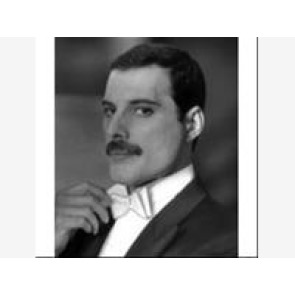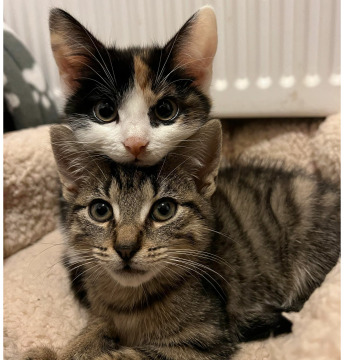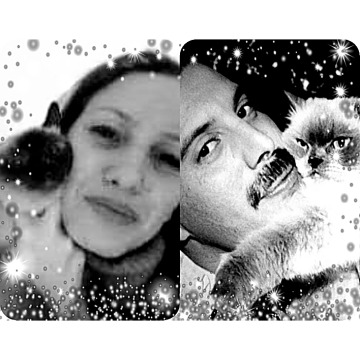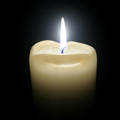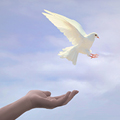FREDDIE MERCURYFreddie Mercury, the flamboyant star of rock band Queen, died on 24 November, 1991, at the age of 45 following complications brought about by the AIDS virus.
Together with Roger Taylor, Brian May and John Deacon, he formed Queen in 1970 and went on to have worldwide hits with songs such as Bohemian Rhapsody and We Are the Champions, combining gaudy theatrical pomp with heavy-metal bluster.
Despite rumours suggesting that he had contracted HIV throughout the late 1980s, he denied such claims up until the day before his death, when he confirmed that he was indeed HIV positive.
Farrokh Bulsara was born on 5 September, 1946, on the African island of Zanzibar to a British-government accountant and his wife. At the age of eight he was shipped to St Peter's English boarding school in Bombay, India, and it was here that he first became known as Freddie by his school friends.
The headmaster of St Peter's quickly observed that his new student had a passion for music; persuading his parents to pay a little extra in school fees so their son could study music. Before long he had mastered the piano.
In 1964 the Bulsaras migrated to England, leading him to study art at Ealing College, where he was introduced to members of a band called Smile, namely Roger Taylor and Brian May.
Brief spells with bands Ibex, Wreckage and Sour Milk Sea followed, before he joined Smile and suggested changing their name to Queen in 1970, at which point he adopted Mercury as his surname after the mythological messenger of the gods.
John Deacon completed the quartet and in 1973 they released their debut album Queen, quickly followed a year later by Queen II, which made the British charts, though it was their third album, Sheer Heart Attack that brought about their first commercial success.
At the end of 1975 came A Night at the Opera, an album that featured Freddie Mercury's Bohemian Rhapsody, a song that went on to top the charts in Britain for nine weeks, installing Queen as one of the biggest rock acts in the world in the process.
In 1982 the band decided to take a break, allowing Mercury the opportunity to perform in a number of solo projects, and two years later his first solo single I Was Born To Love You was released, followed in April 1985 by his solo album Mr Bad Guy.
It will be for his performance at that year’s Live Aid concert at Wembley stadium that Mercury will be forever remembered, after he unleashed a show-stealing set upon the one billion worldwide TV audience.
Live Aid organiser Bob Geldof described Queen as "absolutely the best band on the day, whatever your personal preference. It was the perfect stage for Freddie, he could ponce about in front of the whole world.''
In April 1987 Mercury began work on an album with Montserrat Caballé, with the pair performing live at the open air La Nit festival in Barcelona on October 8, 1988, a performance that would be his last on stage.
In the following years his health declined rapidly, with his problems becoming an open secret in the entertainment industry. He continued to compose and record songs up until his death at his London home from AIDS-related bronchial pneumonia.
Keep me informed of updates

